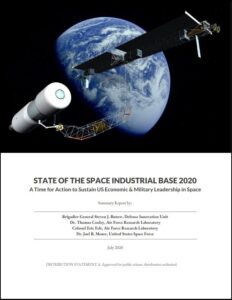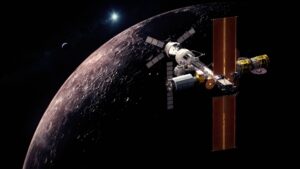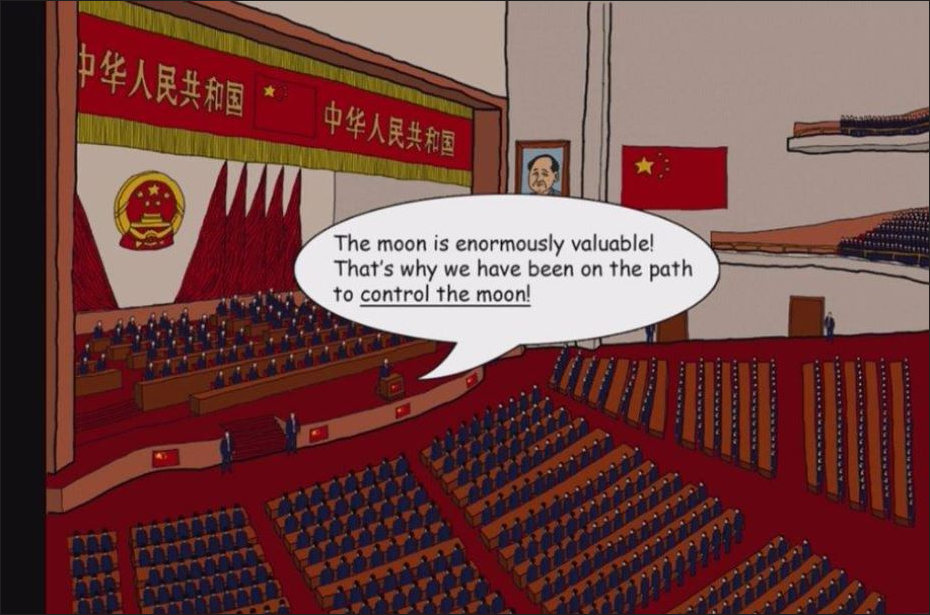
Bacon’s Rebellion was lucky enough to snag an interview with “Dust Mites” author Jim Bacon. As he is the blog contributor most familiar with the book, Bacon interviewed himself. — JAB
JAB: Thank you so much for granting this interview, Mr. Bacon. First, let’s dispense with formalities. Do you go by James?
JAB: Jim would be fine.
JAB: Your novel is set in the year 2075 when there are numerous American colonies on the Moon. The colonies — one in particular, Galileo Station — is chafing under the imperial rule of an out-of-touch Congress and imperial presidency in Washington, D.C. Do you think that’s a plausible scenario?
JAB: I picked the year 2075, only 50 years from now, for literary reasons. I was deliberately playing on the parallels with the American Revolution. The incident that precipitates the action in the novel — the dispatch of the U.S. Marshal’s Special Operations Group into the underground city of Galileo Station to arrest its governor to stand trial — plays a role analogous to the events at Lexington and Concord in sparking a rebellion.
While the date may be arbitrary, let me advance a few propositions: (1) human exploration of the Moon will be commonplace by the end of the decade; (2) colonization of the Moon for scientific, military and economic imperatives will soon follow; and (3) tensions inevitably will arise between the U.S. colonies and the imperial power. It is not implausible to think that the central government in Washington, D.C., will continue to accumulate power over the next half century and become more assertive and more authoritarian than ever.
more “An Exclusive Interview with the Author of “Dust Mites””

 Officials within the U.S. military increasingly regard Earth-Moon space as the “high ground” in military power.
Officials within the U.S. military increasingly regard Earth-Moon space as the “high ground” in military power.
